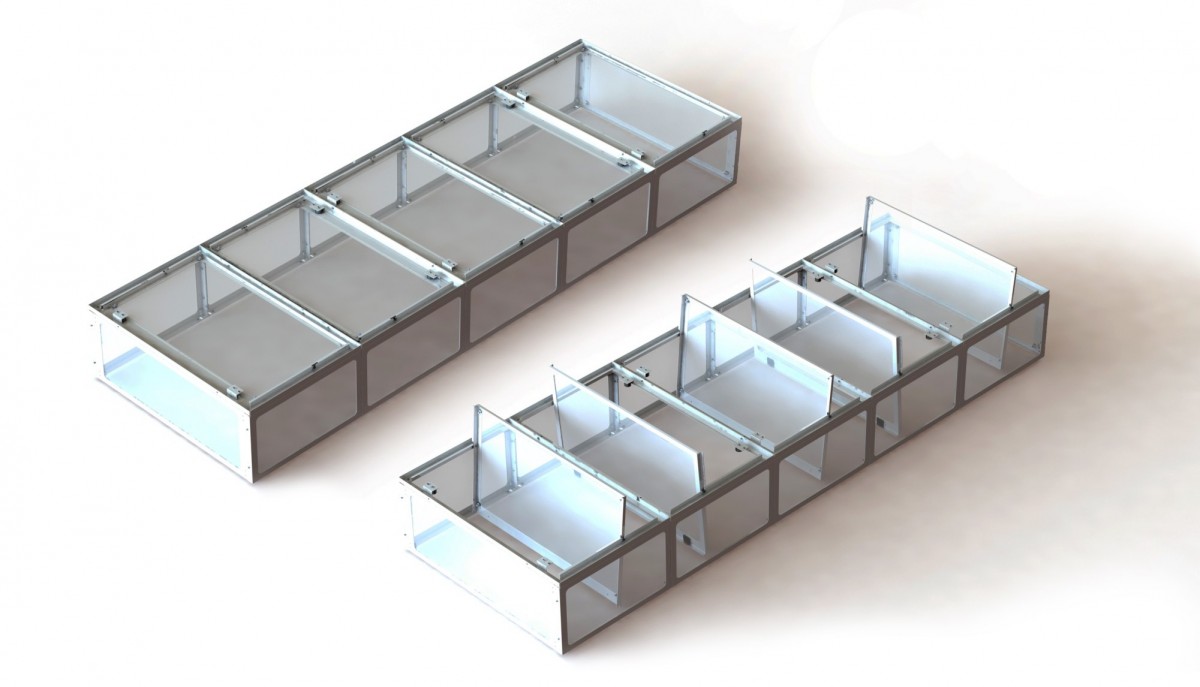Quest Software has introduced Foglight Container Management, a solution that provides real-time and historical analytics of containers and its hosts across physical, virtual and cloud environments. Foglight Container Management supports business’s container initiative by empowering IT infrastructure teams to quickly identify incidents and proactively prevent issues from happening. With Foglight Container Management, businesses can make faster, smarter decisions when it comes to container deployment.
The application container market is growing, with 451 Research reporting that the market will be worth more than $4.3 billion in revenue in 2022. However, for many teams, the onboarding, operation and support of containerizing applications can be a struggle. With Foglight Container Management, all three can be done with ease, whether related to Docker, Kubernetes or other approaches. It gives IT teams a clear view into the company’s container environments and empowers them to make smart decisions that eliminate wasted resources and saves time and money.
“IT organizations increasingly aim to modernize application deployment and management through the use of containers, but many have trouble managing containers at scale as it has typically required using disparate tools to do it well,” said Adrian Moir, senior consultant, product management, Quest Software. “With Foglight Container Management, IT teams now have access to real-time and historical container analytics in one place, giving these teams the monitoring metrics needed to effectively drive successful and sustainable container deployment strategies.”
Foglight Container Management identifies performance bottlenecks, failed containers and issues within the orchestration layer and keeps container data in-context with the supporting infrastructure. This unique approach helps infrastructure teams both ensure optimal container performance and assimilate container technology more easily by removing the guesswork and hours of troubleshooting within a container compute and storage platform.
Foglight Container key features include:
- Kubernetes Monitoring: Collects inventory, infrastructure, OS, host, cluster, node, pod and orchestration data via remote APIs. Also collects data from the underlying Cloud IaaS or on-premises hypervisors.
- Docker Swarm Monitoring: Collects data from all Docker components, clusters, hosts and containers as well as the supporting physical, virtual or cloud infrastructure.
- Dependency Mapping: When used with Foglight for Virtualization, administrators can capture accurate performance metrics for both VMs and containers. If the supporting infrastructure is impacting container performance, administrators can quickly jump to the supporting domain to isolate the issue.
- Container Heat Map: Provides a view into real-time and historical usage of resources (containers, clusters and hosts) and makes it simple to catch resource hogs.
Container Scatterplot: Allows users to pivot Docker hosts, clusters and containers across any collected metric by three different dimensions.




